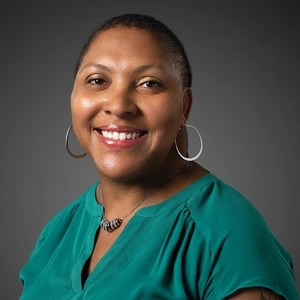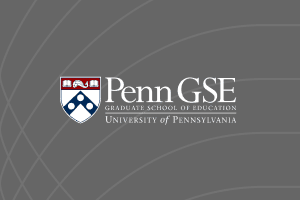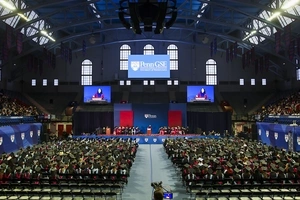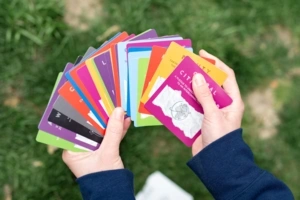Faculty Expert
-
Charlotte E. Jacobs
Director, Independent School Teaching Residency
Learning, Teaching, and Literacies Division
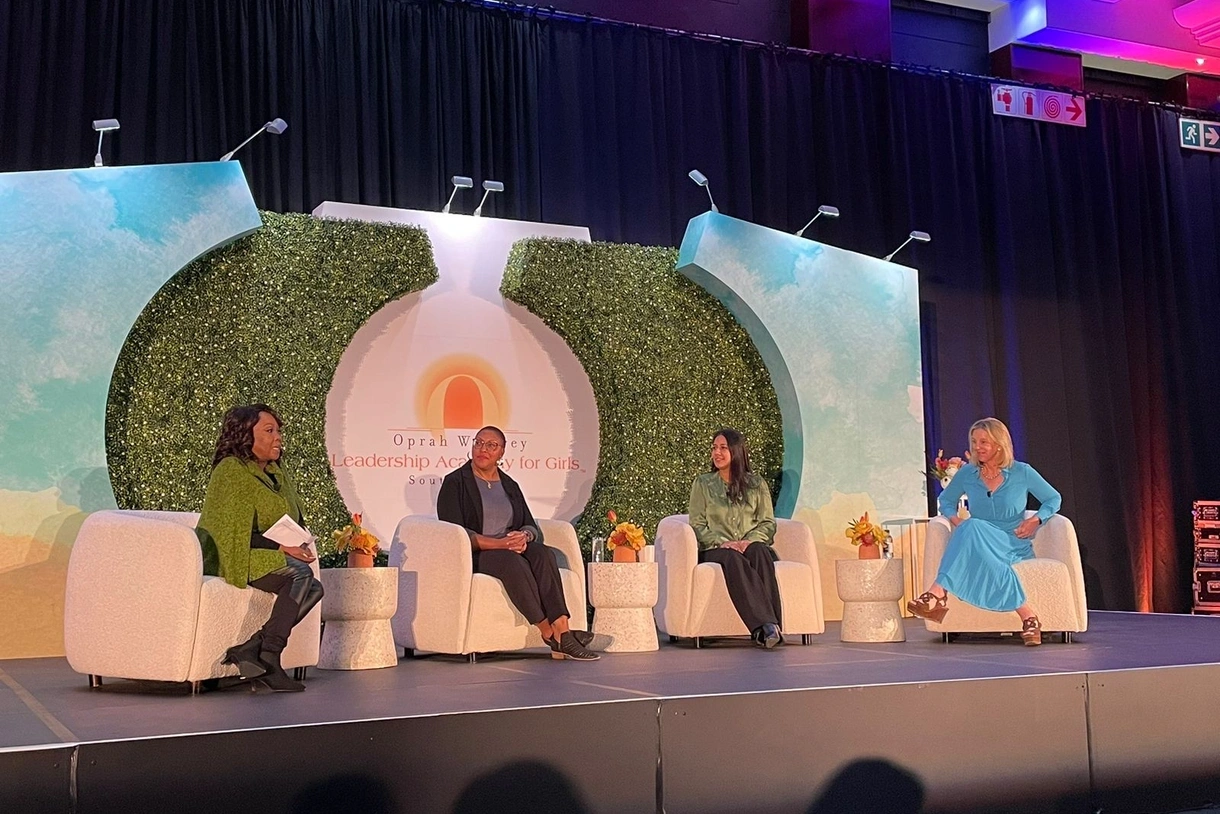
For Charlotte Jacobs, a recent trip to South Africa offered an opportunity to put into practice years of research, teaching and her own lived experience.
In July, Jacobs traveled to Johannesburg to participate in a conference organized by the Oprah Winfrey Leadership Academy for Girls (OWLAG), a private boarding school founded by the media mogul and philanthropist in 2007. The gathering, titled “What Happened to You: Understanding the Impact of Trauma on Learning, Teaching and Psychological Functioning,” centered on trauma-informed practice (TIP), which examines how adversity, background, and lived experiences shape a student's development and learning. Jacobs shared her expertise on the subject and collaborated with other educators from around the globe.
Jacobs, an assistant adjunct professor at Penn GSE, is co-director of HEARD: The Hub for Equity, Anti-Oppression, Research and Development and director of the Independent School Teaching Residency (ISTR) program. She also serves on OWLAG’s board of directors and chairs its strategy and innovation committee.
“Education doesn’t make a whole person,” says Jacobs. “It is not just the academics that are important for growth and development. You must also understand where the students come from mentally, emotionally and spiritually.”
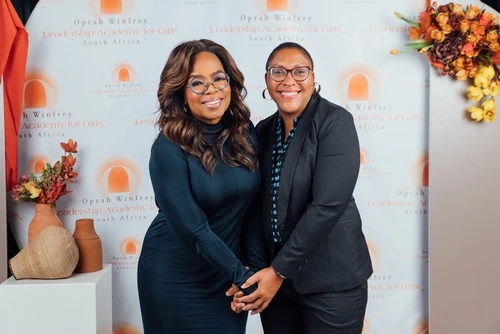
Her outlook aligns with the fundamental mission of OWLAG: to offer girls from underserved communities and adverse backgrounds a comprehensive high school education. Along with academics, the students receive social and emotional support, and TIP is infused throughout the curriculum, creating a model for schools worldwide.
After 10 years of integrating TIP into its program, OWLAG is creating a framework to empower educators and practitioners to utilize the practice: “[The group is] at a point now where they want to share their learnings and practices with folks outside the school. As more people become informed and learn, the hope is that it will spread.
Jacobs said TIP is a two-part process. First, an individual needs to establish mindfulness and activities to help relax the mind and body, including meditation, deep breathing or calming exercises. From there, individuals are trained to identify situations that activate or trigger them or cause trauma.
Once a person is armed with practical coping skills and awareness, Jacobs said they can be confident they have the tools to successfully navigate a traumatic situation.
Fellow Penn GSE alum Kate Windsor, head of Miss Porter’s School in Connecticut, an OWLAG partner school, also attended the conference. Windsor, who serves as the board chair for OWLAG, appreciates Jacobs' multifaceted contributions.
“[Jacobs’s] expertise in leadership has informed governance and big picture strategy that you see implemented in the trauma-informed approach and curriculum,” Windsor said.
As a Black woman, Jacobs said she’s experienced racism and sexism throughout her life, which has helped shape her identity. At Penn GSE, her research focuses on the experiences of female students of color, and she encourages educators to help girls identify their trauma, consider its impact on their identity, and develop strategies to manage it, while also supporting schools to become more trauma-informed spaces overall.
“One reason I joined the board is the purpose of the school aligns so well with my work in supporting adolescent girls of color, especially in an educational context,” Jacobs said. “I’m very interested in how trauma-informed practice helps current students and alumni.”
Media Inquiries
Penn GSE Communications is here to help reporters connect with the education experts they need.
